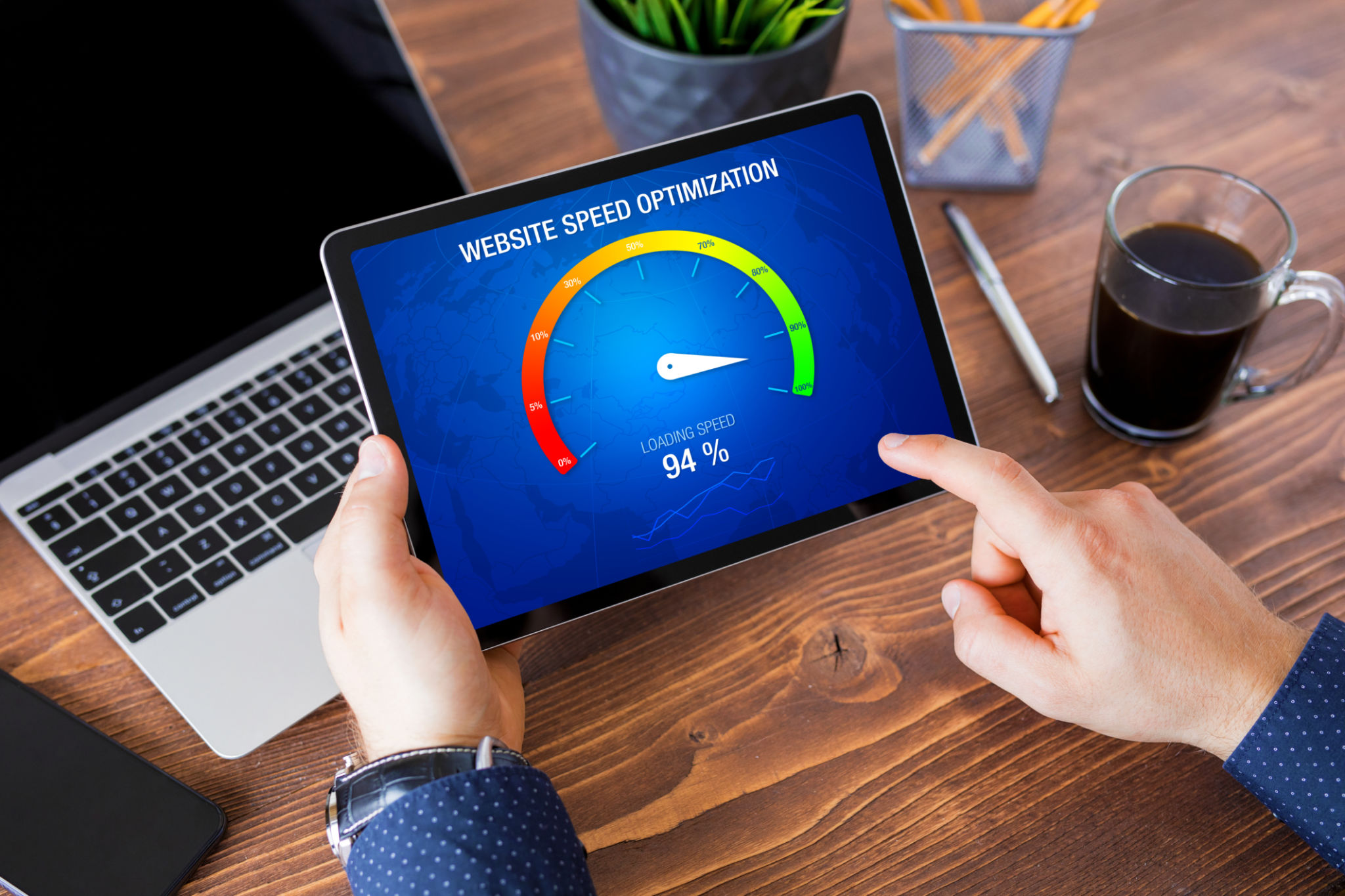How to Improve Website Performance: Expert Tips from RMoor Industries
Enhancing Website Speed
In an era where attention spans are dwindling, website speed plays a crucial role in determining user engagement. A slow-loading site can significantly impact your bounce rates and overall user experience. To enhance speed, start by optimizing images and compressing files. Large images are often the culprits of slow load times, so ensure they are appropriately sized and compressed without losing quality.

Another effective method is leveraging browser caching. This technique allows your website to store frequently loaded resources in the user's browser, reducing the need for repeated downloads. Additionally, consider minimizing HTTP requests by combining files such as scripts and stylesheets. This can drastically reduce load times and improve performance.
Optimizing for Mobile Devices
With the increasing number of users accessing websites via mobile devices, mobile optimization is no longer optional—it's essential. Begin by ensuring your website is responsive, meaning it adjusts seamlessly to different screen sizes. A responsive design enhances user experience and can positively influence your search engine rankings.
Accelerated Mobile Pages (AMP) is another strategy to consider. AMP is a framework that allows you to create fast-loading mobile pages by stripping down unnecessary elements and prioritizing essential content. Implementing AMP can significantly improve the speed and performance of your mobile site.

Effective Content Delivery
Content Delivery Networks (CDNs) are vital tools for improving website performance. A CDN stores copies of your website's static content across multiple servers worldwide, reducing the distance between users and your content. This not only speeds up load times but also enhances the overall reliability of your site.
Furthermore, optimizing your content structure can contribute to better performance. Use headings and subheadings effectively, ensuring they are logically structured and keyword-rich. This practice not only aids search engines in understanding your content but also improves user navigation and engagement.

Regular Monitoring and Maintenance
Continuous monitoring and maintenance are key to sustaining optimal website performance. Utilize tools like Google Analytics and PageSpeed Insights to regularly assess your site's performance. These tools provide valuable insights into areas that require improvement and help you track your progress over time.
Additionally, ensure that you frequently update your website's software, plugins, and security measures. Outdated components can slow down your site and pose security risks. Regular updates keep your site running smoothly and securely.
By implementing these expert tips from RMoor Industries, you can significantly improve your website's performance, offering users a seamless and engaging experience that keeps them coming back for more.
